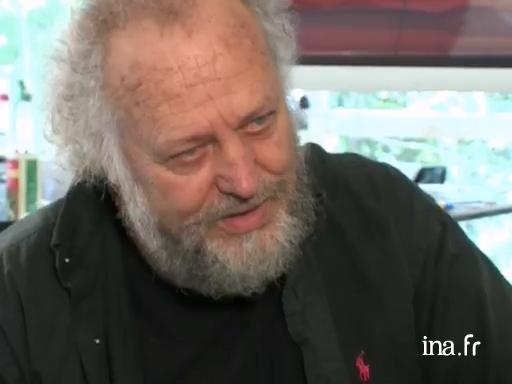Nikos Kouroussis

Information
Conversation with Cypriot artist Nikos Kouroussis regarding his art, which makes much use of boat and rainbow images. He also mentions the coup of 1974, which resulted in the island being partitioned into two parts.
Context
Nikos Kouroussis is one of the contemporary Cypriot artists who is most well known abroad. Born in 1937 in Nicosia, he studied at St. Martin's College of Art in 1960, then at the Hornsey College of Art from 1961-1964.
He explores different media - sculpture, painting, lithography ? in a minimalist and conceptual style. An engaged artist, Kouroussis expresses his positions and personal view of reality through his work. He draws inspiration from mythology, Greek cultural heritage, and elements of nature.
One of the dominant themes in his work following the division of Cyprus in 1974 is the rainbow, "symbol of peace and hope."
Over the course of the last forty years, Kouroussis has exhibited throughout the world, notably in Greece, Germany, the United Kingdom and the United States. He has represented Cyprus in a number of international biennials.
















